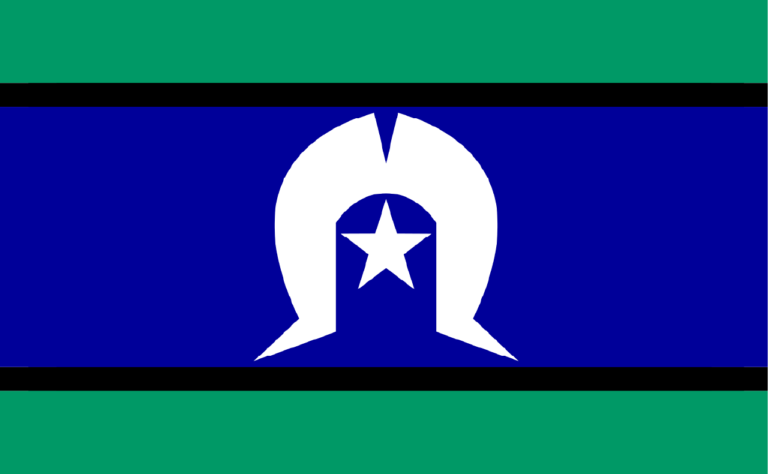1800 callers – When the 1800 number rings, the caller will typically be either a current client or a potential new client. Volunteers and secondees will be expected to answer the 1800 line where possible.
General line – When the phone rings on Line 1 or 2 it will generally by a community support worker (CSW) calling. Admin staff will pick up Line 1 and 2 and navigate where appropriate.
If you are not a lawyer, you need to state that you a volunteer law student
Volunteer lawyers must advise they are a volunteer lawyer
Step 1. Determine who the caller is
When you answer the phone, it may not be clear initially whether the caller is a current or potential client. Often, the caller will immediately blurt out their legal problem and want to give you a lot of information.
If they are not a previous client, explain you are a volunteer and that you will need to take some details from the client to best direct their call. It is always recommended that you explain to the client all the details they give you are strictly confidential.
These types of questions and the explanation about confidentiality of client details help to slow the dialogue between you and the client. It then gives you some space to identify yourself:
For example – “thanks for giving me your details I see you are a current client. Before we move on with your query, I will just let you know my name is……and I am a volunteer with Street Law.
Step 2. Is the caller eligible for the service
Current client
You can confirm if someone is a current client by –
- Checking CLASS – searching their name – use the Conflict check functions, clients will still come up when searched – See Chapter 6. Conflict Checking.
- Checking the cases/advices/ID documents/referrals and information on the server
If they are a current client, you can write a telephone note or pass them on to the volunteer/solicitor who is working on their matter.
New client (or a former client who is returning)
When the call concerns a potential new client, the call taker must complete the initial steps of determining whether the client is eligible for Street Law Centre (SLC) services by:
- Ascertaining whether the potential client is at risk of or is homeless; and
- Complete a conflict check on client’s name on CLASS
We are a service set up to assist people experiencing homelessness and those at risk of homelessness, may I ask what you living situation is?
What is your full name and date of birth? (confirm spelling) Can you please hold the line for a couple of minutes
Step 3. Gather Information
Even if the caller is eligible for assistance from Street Law, they may have a legal issue in an area that Street Law does not assist in.
Use the SLC Triage LHC to determine their legal need You can do this by asking for a brief description of their issue. Note down their instructions. Try and keep the discussion contained – they may veer off topic or be quite emotional but it is important to let them tell their story their way. Try and ask questions to guide the conversation. What are you hoping to achieve? What is concerning you the most? What do you need assistance with?
Do they need a telephone interpreter? We can organise this – see Chapter 7. Telephone interpreter
1. If they are eligible for our service and require advice in an area we advise on then you will need to obtain their CLASS details.
Be wary that in earlier parts of your triage conversation, some of this information may have already been provided. Try not to repeat questions where possible.
If they identify another party, ask for that party’s full name and DOB. Conduct another conflict check of other parties and note on the file note; please be diligent and check spelling of names.
2. Are there any non-legal issues?
Often, legal and non-legal issues are present. It can be hard for clients to figure out what is legal and what isn’t. Non-legal issues could be accommodation, food, suicidal ideation etc.
We are not able to provide accommodation or food vouchers, but have a think about whether any referral are available.
Step 4. Determine the next steps
Depending on the issues identified, you may be able to either resolve the matter (by providing advice or a referral) immediately, or you may need to ask if you can call them back. If you are unsure what advice should be given or what the next steps may be for the client, let the client know you will call them back.
If you are providing advice, you must have the advice checked by a solicitor before delivering it.
If Street Law cannot assist, always provide a referral to another community legal centre or agency that can help – See Chapter 3. Referrals
If the caller requires legal advice, consider what legal advice you would be able to provide and then speak to the Supervising Solicitor.
Only the solicitors are to decide whether we have capacity and will be providing any further assistance in a matter. It is not up to the volunteer/secondee to decide this.
Example: If the client has a criminal matter and they are due in court in a couple of days. You would advise that the client attends court and ask for an adjournment. The client should then see us at one of our outreach clinics to discuss the next steps.
Step 5. CLASS
Every call from a potential client (even if they are not eligible) needs to be recorded in CLASS in some way.
If you provided them with a general information (for example, where do I go to pay my fine?) then the Service Type in CLASS is an ‘information’.
If you provided a referral option to them (for example, they had a question about their tenancy and you referred them to Tenancy WA at Circle Green) then the Service Type in CLASS is a ‘Referral’. For the referral, it is always helpful to have the suburb they are staying in – particularly to provide referrals to a community legal centre in their area.
For information and referrals, the client information you obtain does not need to be as comprehensive as when you are providing advice to them as a client.
If you provided legal advice in some way, then the Service Type in CLASS is a ‘Legal Advice’
Always record the conversation in the SLC Triage document and save it in the client’s file. This is vital and must be done for every single phone call conversation you have at Street Law.





